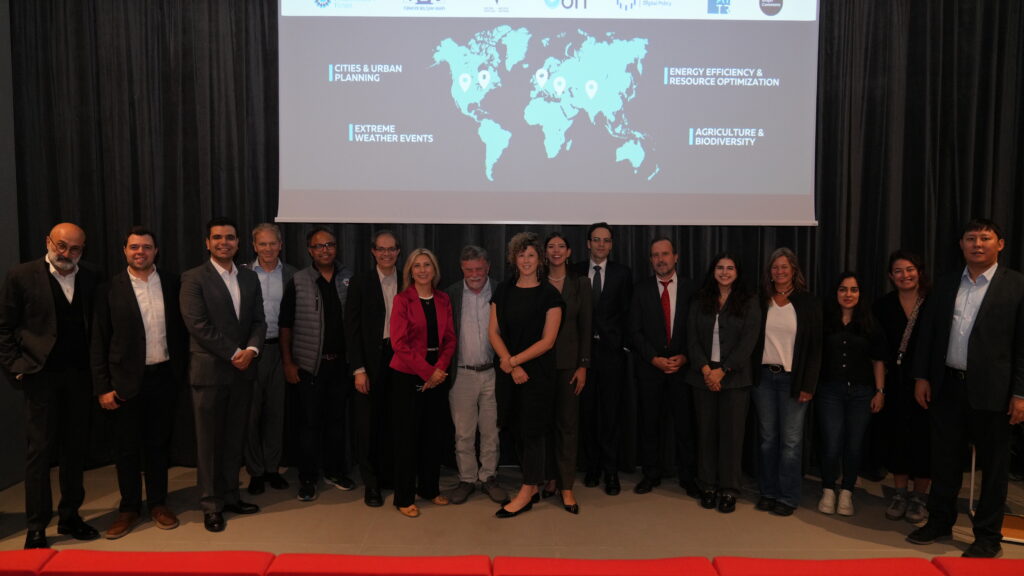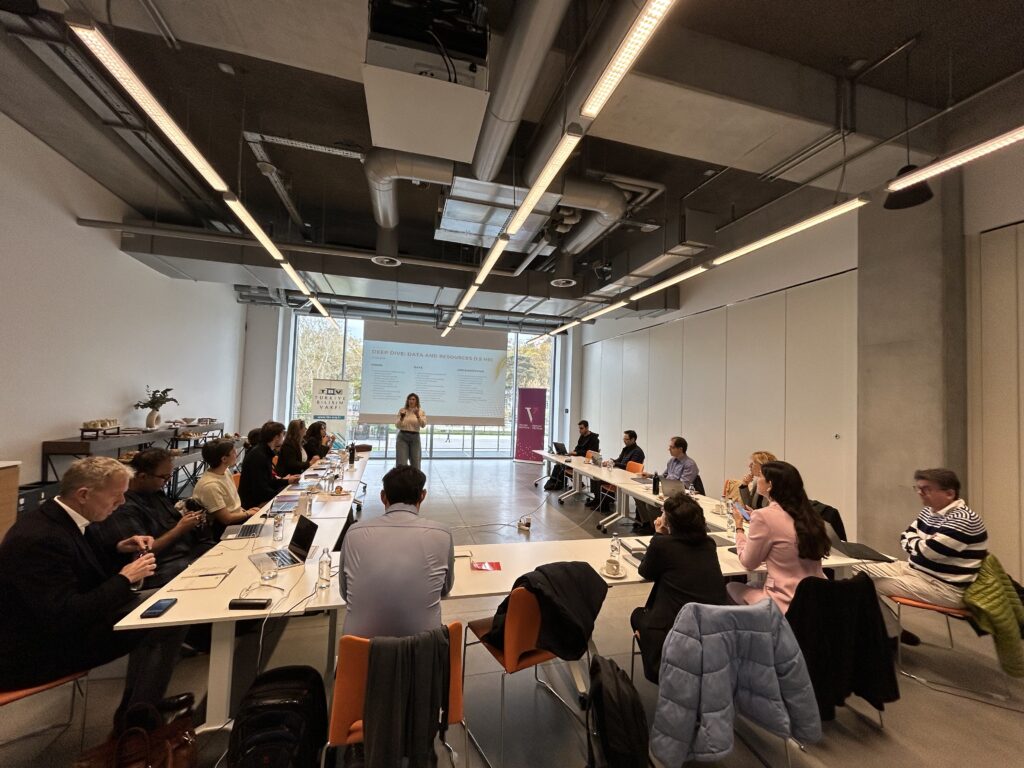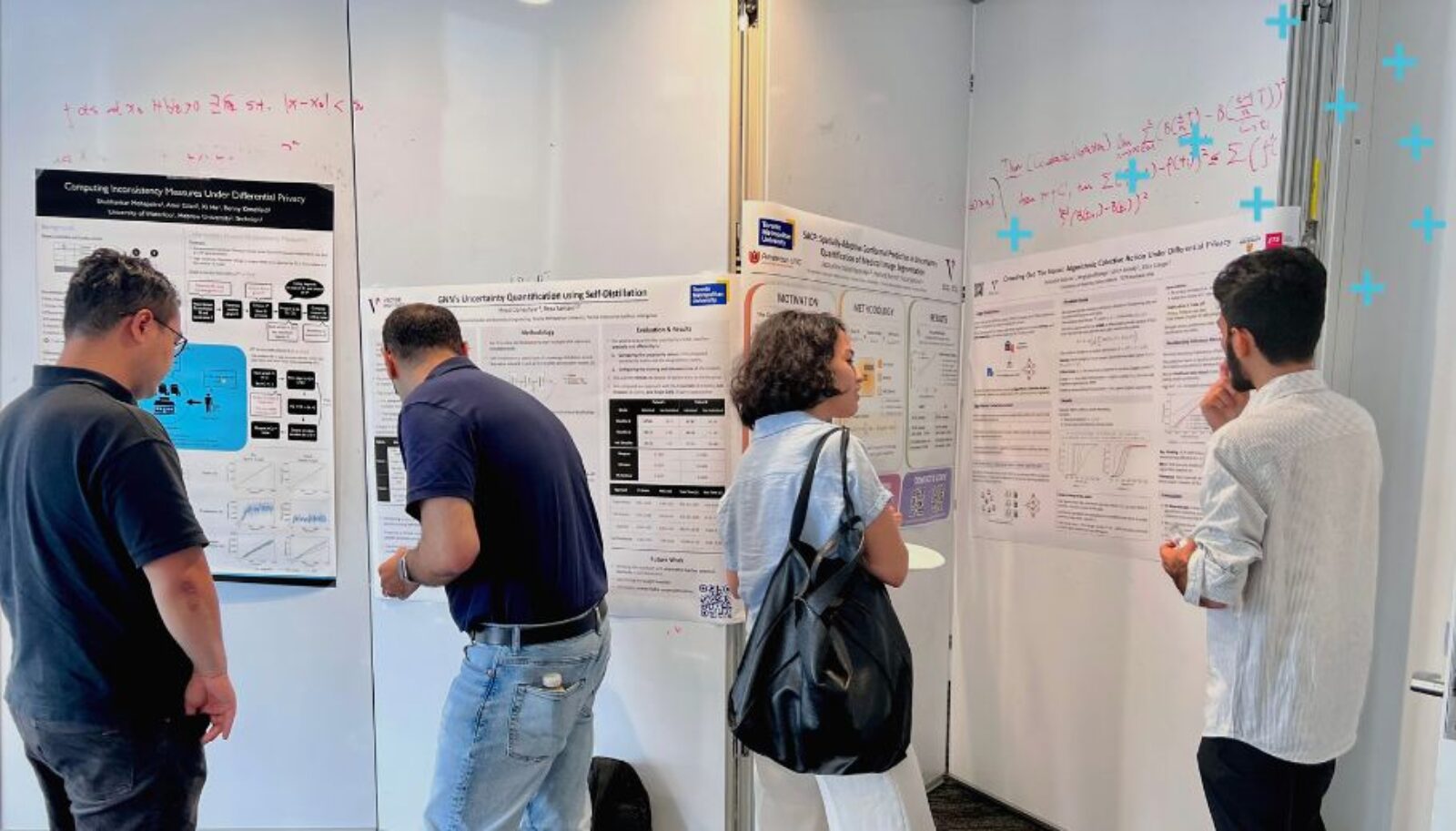Global AI Alliance for Climate Action funding announcement
March 19, 2025
March 19, 2025
Vector Institute and Be Node have announced the recipients of Global AI Alliance for Climate Action project funding. Climate NGOs CleanTech21, The USA National Phenology Network, and a combined project from The Global Centre for Risk and Innovation Canada and the Internet Society Kyrgyzstan Chapter will each receive funding to deploy their projects. The ultimate goal is to deploy and scale their proposed climate solutions in areas such as energy efficiency, extreme weather, and seasonal shifts in plant and animal activities.

Global AI Alliance for Climate Action is a partnership between the Vector Institute and the Turkish Informatics Foundation through its Be Node platform. The international collaboration connects Vector’s research community with global climate action groups to explore how the transformative power of AI can produce sustainable solutions for some of the most critical environmental challenges.
At the AI for Climate Summit, held in Istanbul, Turkiye in November and organized by Vector and Be Node, Faruk Eczacıbaşı, President of the Turkish Informatics Foundation, highlighted the need for new paradigms in addressing climate change, a role for which AI is uniquely suited. Yet even that comes with its challenges.
In their presentations at the conference Vector’s Vice President of AI Engineering Deval Pandya and Vector Faculty Member Pascal Poupart highlighted the hidden environmental costs of AI due to the large sums of energy consumption associated with training large language models (LLMs). During a panel moderated by Sedef Akinli Kocak, Vector’s director of professional development, panelists emphasized the importance of collaborative efforts in leveraging AI to support climate action initiatives.
Following the initial call for projects, climate NGOs were paired with members of Vector’s AI research community. Vector’s AI researchers bring the technical expertise to develop the AI models necessary to ensure that climate solutions can reach a wider audience more quickly and at a lower cost. Meanwhile, the climate NGOs provide datasets critical to the success of these projects, ensuring that AI-driven solutions are grounded in real-world data and operational insights.
The winning projects are set to tackle some of the most pressing issues facing our planet.
Projects were selected after an initial call for proposals for actionable solutions for the climate crisis went out to climate NGOs in the summer of 2024. After those proposals were matched with Vector researchers, the field was narrowed down to five.
During the Climate AI Workshop at the Summit, teams from those five NGOs were able to define the scopes of their projects, align their problem statements with tangible AI and ML requirements, identify resource needs and data gaps, and strategize for implementation. The workshop also enabled them to identify specific technical problems where AI can have the most impact and establish a roadmap for future developments.

In the end, three projects were funded, with The Global Centre for Risk and Innovation Canada and the Internet Society Kyrgyzstan Chapter combining their efforts due to the similarities of their proposed work.
The preliminary results of the projects are expected in early May, 2025.


